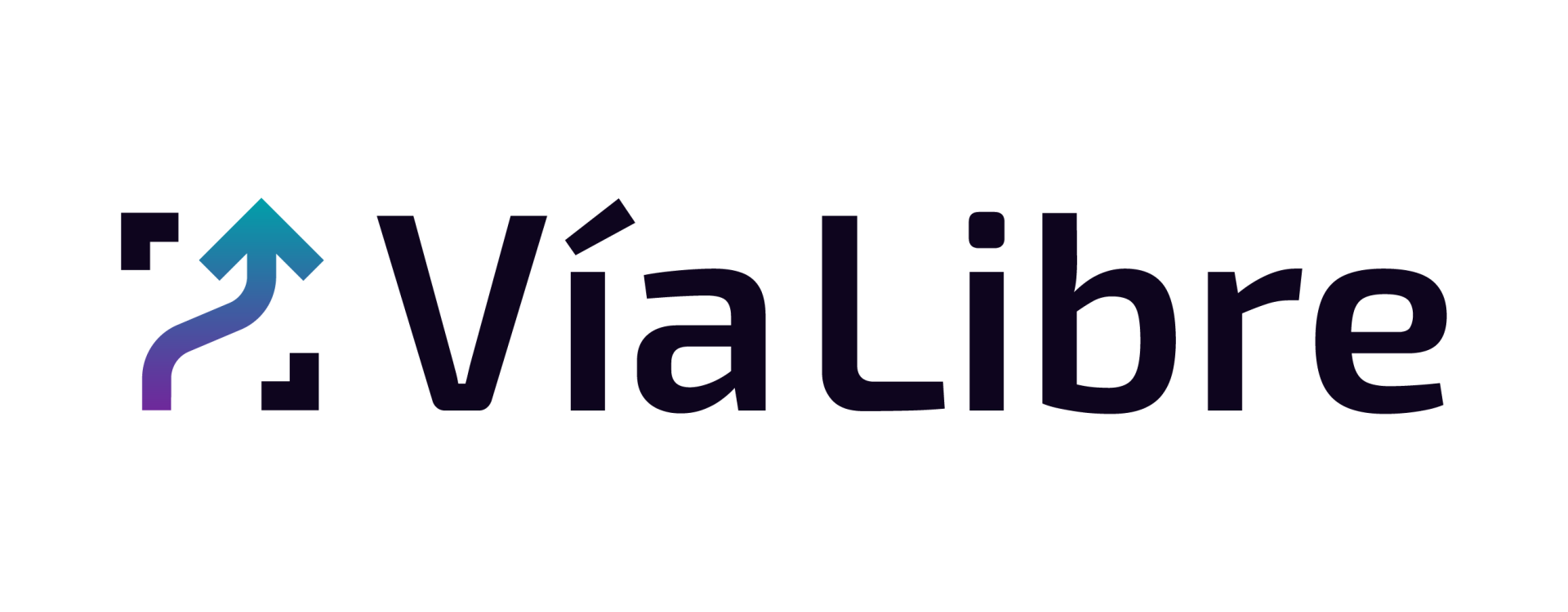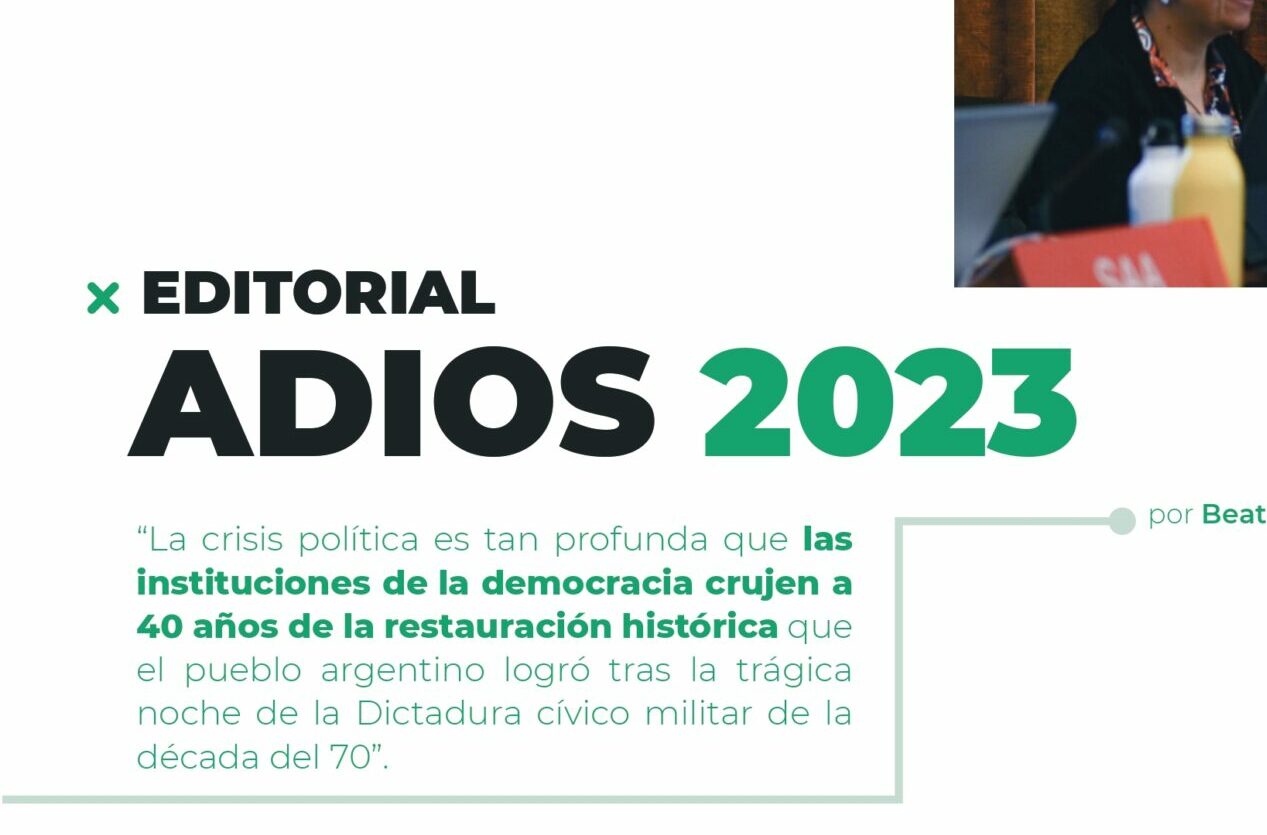What a difficult year we have just had in Argentina. Economic crisis, uncertainty and a long electoral process that monopolized the agenda since mid-August. It is the end of a year in which our country took a political turn that few dared to predict years ago, but which follows the line of other electoral processes in different places such as Brazil and the USA. Argentina is going through a deep political crisis and the new president, Javier Milei, had the ability to address the dissatisfactions of various kinds.
The political crisis is so deep that the institutions of democracy are creaking 40 years after the historic restoration that the Argentine people achieved after the tragic night of the civic-military dictatorship of the 70s. Last December 10, on Human Rights Day, a politician who was not able to say on television whether or not he believes in democracy took office, accompanied by a vice-president who directly and openly defends and vindicates the actions of the dictatorship.
The year closes with a deepening crisis in every sense. Runaway inflation, open debates on all fronts, legislative and executive proposals that directly undermine acquired social, economic and cultural rights. It is impossible to make an organizational balance without putting this as context.
In this complex year, from Fundación Vía Libre we continued working in the unrestricted defense of constitutional guarantees and Human Rights as a guide in our limited world of the implementation of technologies and their impact on people’s lives. Even so, we had a visibility rarely achieved in our 23 years of trajectory.
The use of electronic voting in an embarrassing election in the Autonomous City of Buenos Aires refloated an agenda we had hoped to be free of earlier in the year. Surprising was the announcement that put voting machines once again on the table. What was not surprising was the fiasco that this implementation meant, to such an extent that it was not used in the rest of the electoral process. We worked very hard on that agenda, even with an action before the courts to protect the political rights of the voters of the City of Buenos Aires who had to use that system.
In parallel, we continue with our project in the field of Artificial Intelligence ethics. We opened the year with a very good impact of our work in the framework of various international activities, from Khipu in Montevideo to the AI Safety Summit in London, where Latin American participation was close to minimal.
Meanwhile, we developed workshops, lectures, shared experiences in areas as diverse as the Feminist AI Network as well as in numerous invitations and calls for events by national authorities. We wrote, signed and disseminated the Montevideo declaration on a Latin American AI for a fair development of technologies that take into account our reality and our contexts.
Our articulations with the academic world allowed us to grow, to broaden our views and our teams, to add visions and debates, and above all, to contribute to the collective building of knowledge on Human Rights and Technologies.
We worked intensively on our project for the legal protection of the information security community, another key pillar of our actions, through position papers, research and a platform for responsible reporting that we maintain in place so that reporting vulnerabilities does not pose a criminal risk for information security practitioners.
Privacy and personal data protection were also high on our agenda. Knowing that it is urgent to reform the current legislation in Argentina, we understand that the legislative times and consensus were not enough to modernize a legislation that even in a limited way serves to protect the rights of citizens. Thus, in an electoral year of scarce parliamentary activity, we worked more on advocacy, awareness raising and dialogue than on legislative incidence.
Free software, free culture and the debate on access to culture continue to be central to our mission, to which we add some urgent challenges related to the environmental impact of technologies, programmed obsolescence and the urgent need to think about appropriate, socially fair and economically and environmentally viable technologies.
In our international program, we follow as always the agendas of WIPO, the WTO and the various international organizations that touch on our agenda items. Because more and more, technology and People’s Rights cross paths and that is where we will be once again to fulfill our work.
None of what we have done would be possible without a beautiful team that strives, studies, contributes, speaks, discusses, challenges, researches, works and always supports Vía Libre’s mission in these 23 years of existence. Our donors and fellow organizations that cooperate in our work are also indispensable and we thank them once again for their trust and help to continue building what we are.
From Via Libre we envision a 2024 with a lot of work in defense of the space for public debate and freedom of expression, especially with an urgent and necessary defense of Human Rights in a society that is going through a political and economic crisis of proportions. Our work at national, regional and international level will continue with the commitment to promote a democratic culture and ethical principles and Human Rights in the development and implementation of technologies in our daily lives.

